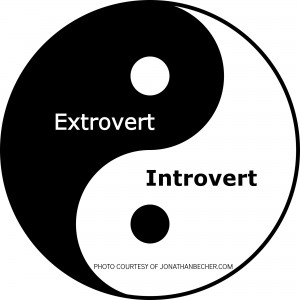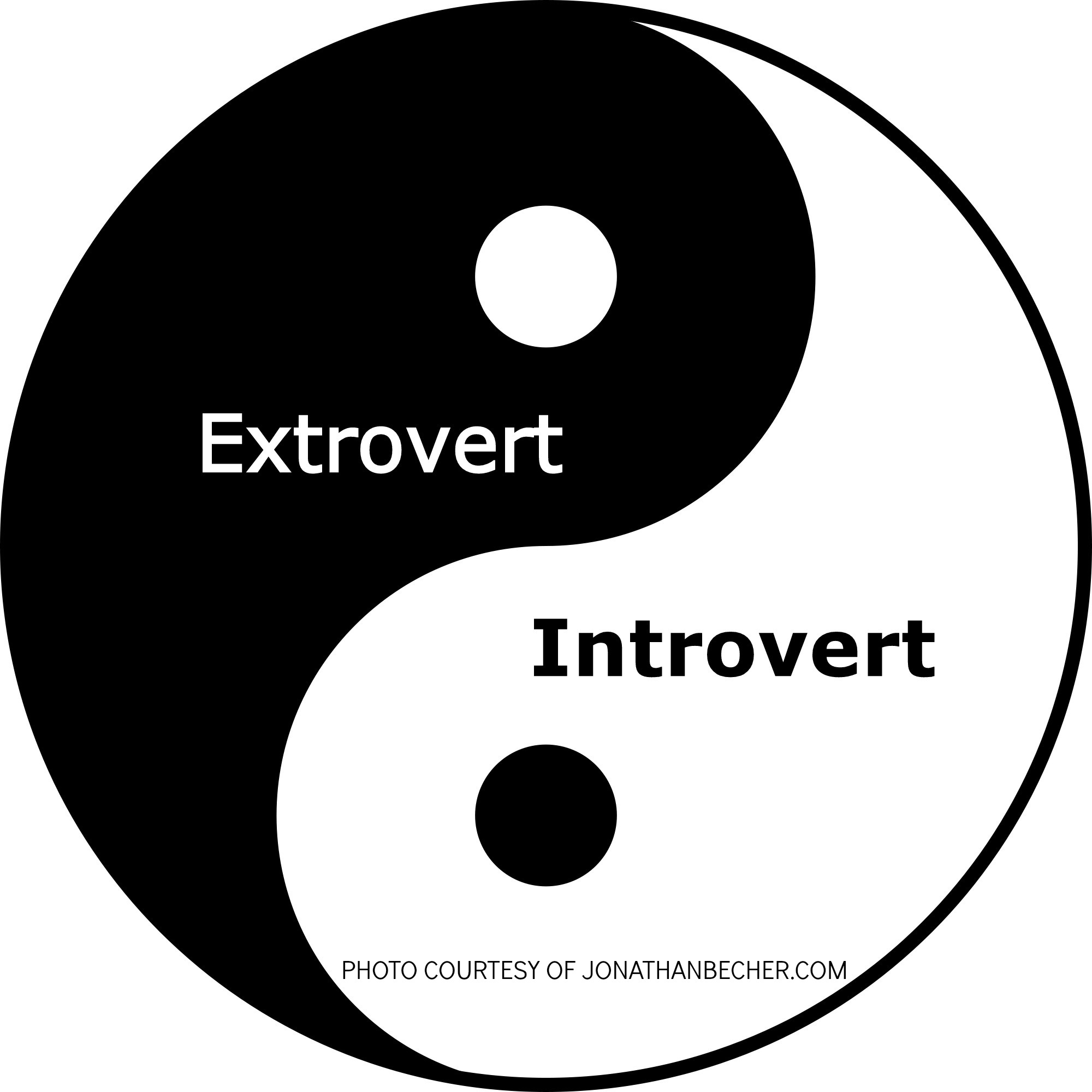
The social clash between introverts and extroverts has always been present in society. This is mainly because introverts tend to rely on solitude and silence, while extraverts gear more towards social interaction and the use of their charismatic charm.
Although the number of introverts and extroverts is generally split 50/50 among the population, introverts are often the ones to receive the short end of the stick, especially when it comes to positions in leadership.
The unfair bias shown towards extroverts starts from the very beginning. At school, extroverts are typically preferred by teachers and students alike. In an experiment done by Charles Meisgeier, it was determined that a majority of teachers have a “picture” in their mind of an ideal student, and more often than not, this student is one that is extroverted. This is interesting because according to research done by Professor Vernellia R. Randall, introverts tend to make higher grades.
Having this bias present in the classroom often times singles out and labels introverts as “antisocial” or even worse, “problem children.” Even after their time in school, introverts are often forgotten about or overlooked in the world of business because of their quiet and reserved nature. Even though this is understandable, this ceaseless bias towards extroverts is unfair.
Admittedly, when thinking about the qualities of an extrovert, it’s easy to see why they might be selected as a majority of our leaders, or be more well liked in general. In an article by BrainFlash, author Conor Hilton describes the top 5 reasons extroverts make fantastic leaders. A majority of the reasons he lists have to do with the sociable nature of extroverts, which branches off into their ability to be charismatic, persuasive and fluent in communication skills.
In a definition by Forbes contributor Kevin Kruse, “Leadership is a process of social influence which maximizes the efforts of others towards the achievement of a goal.” In order to achieve their goals, leaders must be able to communicate, exemplify honesty, show creativity and inspire others through commitment and positivity. Immediately, we think of extroverts having all of these qualities, but this is no more than a stereotype. Not all extroverts make great leaders.
Although “extroverted” tools do come in handy as a leader, some prominent intuitive skills are definitely missing. Within the last two or three years, society has started to realize this, spurring a new argument: do introverts make better leaders than extroverts?
According to Jennifer Kahnweiler of Forbes, introverts definitely have potential to be some of our best leaders. In fact, some of our greatest leaders were introverts — Albert Einstein and Abraham Lincoln, to name a few. Kahnweiler argues that “introverted leaders build on their quiet strength and succeed.”
Contradictory to the outgoing strengths of extroverts, introverts are more likely to use the power of their mind and collected intelligence. Necessary leadership skills build off of this, like self-awareness and the ability to maintain focus. In addition to this, introverts have a reputation for carefully thinking their thoughts through before speaking, making way for more productive conversation. They also tend to take more opinions and views into account before making a final decision. Having mindfulness as a strength is especially helpful in business situations where countless ideas are shared.
Plus, even though introverts are generally quiet and observant, they’re usually more compassionate towards the people they work with. Having empathetic, compassionate leaders with individualized relationships really works to inspire co-workers and builds a positive atmosphere, both of which are necessary to be a great leader.
None of this is to say introverts make perfect leaders. Introverts, unlike extroverts, are often unable to physically discuss their great ideas with those around them. Introverts do not enjoy working in large groups and would prefer working on projects alone. Introverts also often lack the ability to be assertive, making it hard to enforce their leadership and authorization upon others. Fortunately, the skills introverts struggle with can be improved through practice, like public speaking. Mastering public speaking will allow introverts to effectively project their ideas and grasp the social aspect needed to be a leader.
With both extroverts and introverts having their positive and negative attributes, it’s important that in the future we work harder to incorporate both types of personalities into positions of leadership. While introverts do need more inclusion in individual leadership roles, a more beneficial idea would be to have opposing forces come together and create well balanced, inventive results. This way, companies could have the advantage of having leaders that, working together, provide a wide range of necessary skills, like mindfulness, sociability and the power to effectively brainstorm original ideas.

Leave a Reply